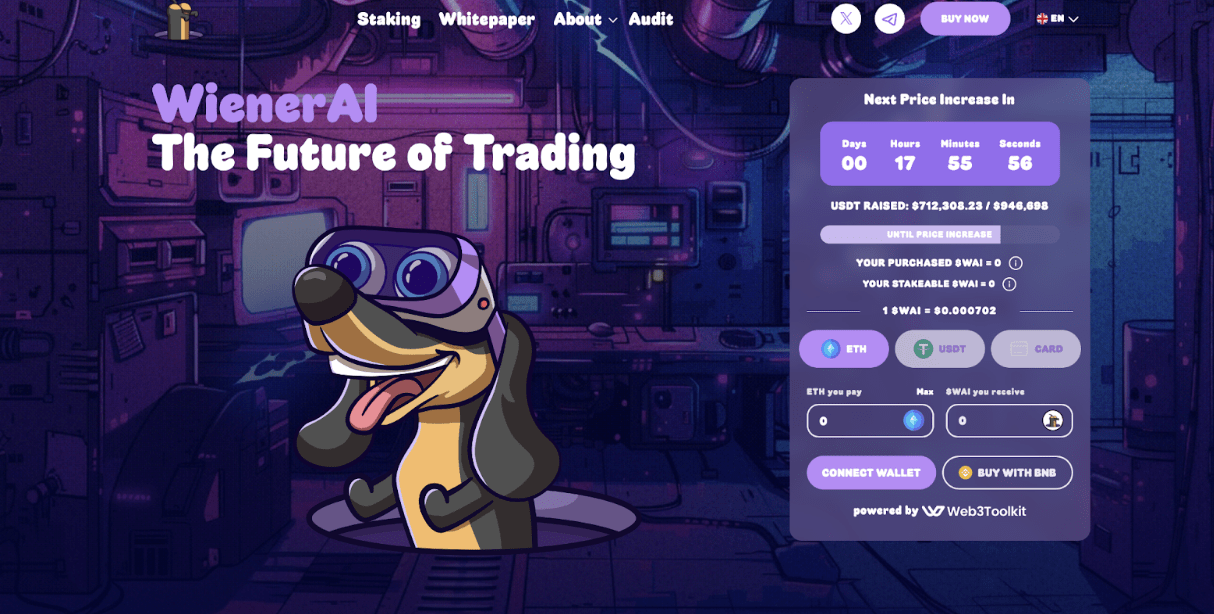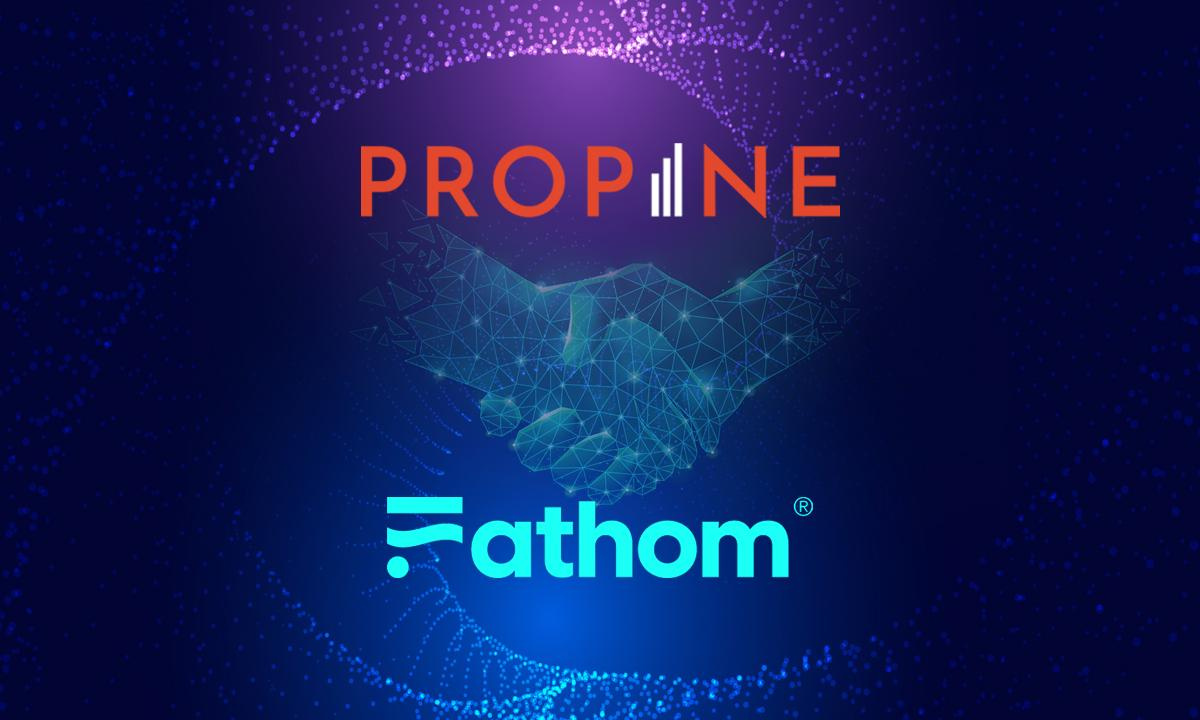Move over Uncle Sam. The Winklevoss twins' Gemini Trust Company is rolling out Gemini dollar, a regulated stablecoin that lets users send and receive U.S. dollars on the Ethereum network, the New York-based company announced on Monday. The rollout is hailed as a key step to increasing trust and economic activity in the volatile cryptocurrency industry. The Gemini dollar (CRYPTO: GUSD) has received approval from New York Department of Financial Services and is one of the world's first regulated stablecoin. Similar to Tether, it will maintain an equal value with U.S. dollar. Gemini Dollar Approved As Stablecoin Cameron Winklevoss, co-founder and president of Gemini, wrote in a Sept. 10 blog: "When we founded Gemini over four years ago, our mission was simple: build a bridge to the future of money …. "We must improve the linkage between these worlds by giving fiat currency the same desirable technological qualities of cryptocurrencies." Investors buy digital coins like Bitcoin but these have qualities of a volatile asset. In contrast, Gemini dollars induce commercial buy-and-sell transactions by behaving like traditional money. A stablecoin lets people buy and sell goods at predictable, foreseeable prices because it's pegged to the U.S. dollar. Gemini dollars will be deposited in a U.S. bank, State Street. Many observers believe that stablecoins will see wider adoption in the years ahead with an expansive list of use cases.
Pegged 1:1 To US DollarBuilding a viable stablecoin is as much of a trust problem as it is a computer science one. The Gemini dollar is the first stablecoin in the world that has solved for both. That's the innovation here. From our white paper: pic.twitter.com/g4IEXl6Ldm
— Tyler Winklevoss (@tylerwinklevoss) September 10, 2018
According to Cameron Winklevoss, Gemini dollars have three key features. It's issued by Gemini, a New York trust company and is strictly pegged 1:1 to the U.S. dollar. It's "built on the Ethereum network according to the ERC20 standard for tokens. The Gemini dollar (ticker symbol: GUSD) combines the creditworthiness and price stability of the U.S. dollar with blockchain technology and the oversight of U.S. regulators." It can be tricky to use Bitcoins (CRYPTO: BTC) to pay for goods and services. Because of BTC's volatility, a consumer-investor can significantly overpay or underpay for a product depending on the crypto's steep price movement. A $1,000 laptop can cost $800 or $1,200 in a few hours or minutes. Moreover, it can be risky for merchants to accept payments in Bitcoin if its value suddenly plummets. "Building a viable stablecoin is as much of a trust problem as it is a computer science one," wrote twin brother Tyler Winklevoss on Twitter. "The Gemini dollar is ... stablecoin ... that has solved for both. That's the innovation here." Backed By USD Bank Deposits As of Monday, users will be able to convert U.S. dollars into Gemini dollars through Gemini's cryptocurrency exchange. These can be withdrawn to an Ethereum address. Users can also convert Gemini dollars into U.S. dollars by depositing them into a Gemini account. According to Cameron, corresponding U.S. dollars will be held at a U.S. bank and eligible for FDIC "pass-through" deposit insurance. And USD deposit balance will be audited monthly by an accounting firm in order to verify the 1:1 ratio. "The smart contracts underlying the Gemini dollar token have been fully audited and formally verified by an independent security firm, whose report is publicly available," added Cameron Winklevoss. The future of money is certainly digital. And stablecoins represent an important step to making that happen on a daily basis. TrustToken: Another Stablecoin TrustToken is a regulated money services business with U.S. treasury. The firm launched its U.S. dollar-pegged stablecoin TrueUSD more than six months ago. "In that time TrueUSD grew to more than $80 million in deposits and became traded on more than 30 exchanges around the world including the largest exchanges like Binance, Bittrex, Huobi," a spokesman told CryptoDaily. TrueUSD has been under regulatory oversight since Q1 of this year. "This summer TrustToken raised $20 million from Andreessen-Horowitz’s new crypto fund to fuel their mission of bringing real-life assets like real estate, cars, art, and commodities onto the blockchain." Articles by Marvin Dumont: High-Paying Blockchain Jobs Are Offering Security In Uncertain Times Terrorists Not Gaining From Cryptos But Risks Remain: Experts Google Enters Blockchain: Does It Threaten Amazon, IBM, Microsoft? Disclaimer: The views expressed in this article belong solely to the author. Information contained herein should not be construed as investment advice.
Investment Disclaimer







